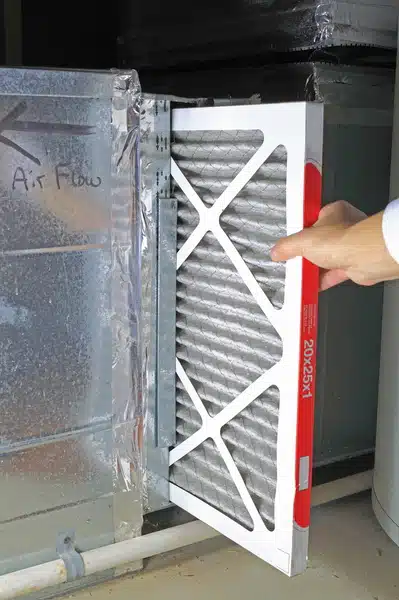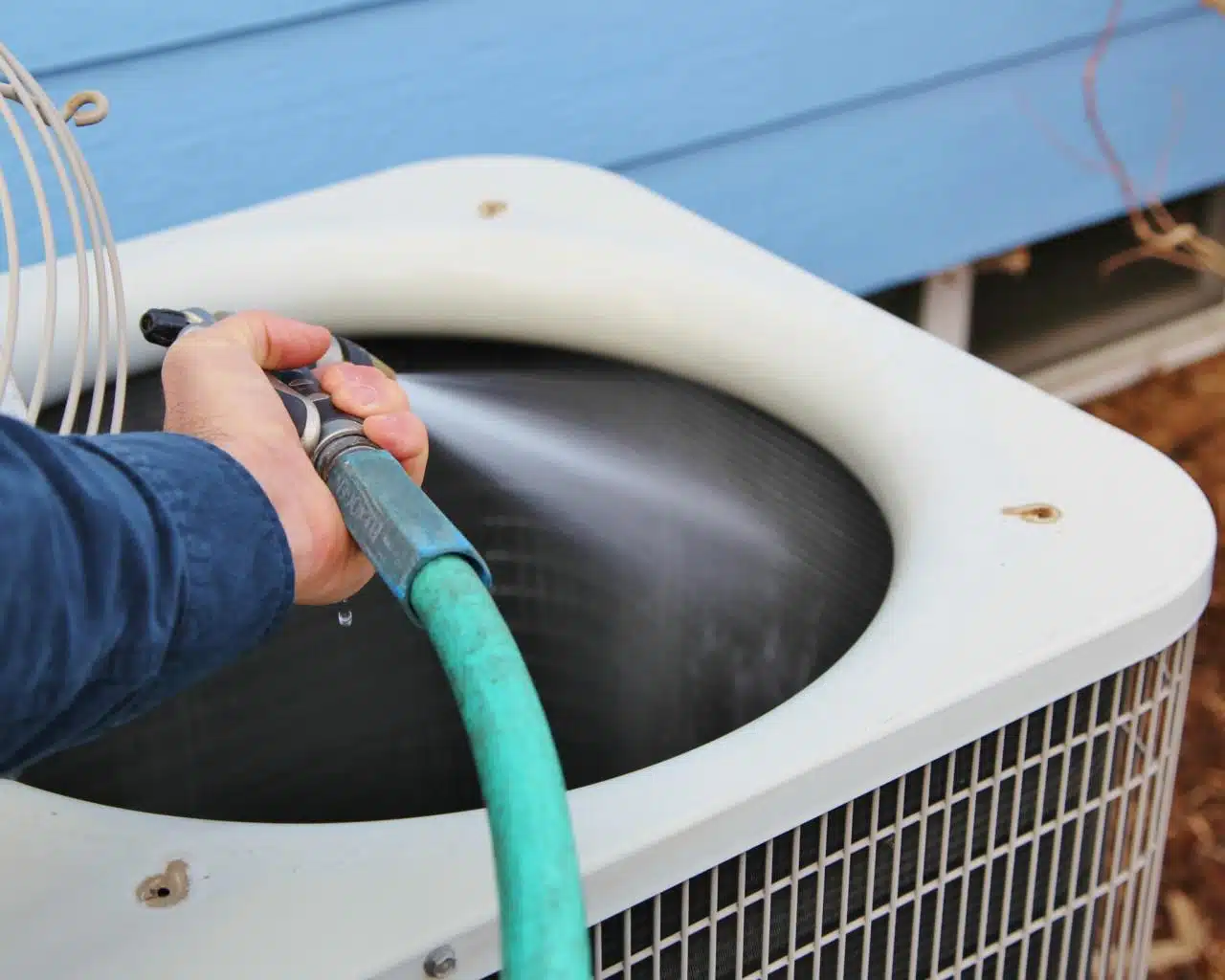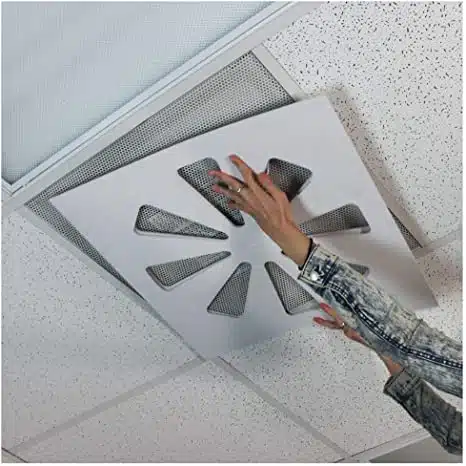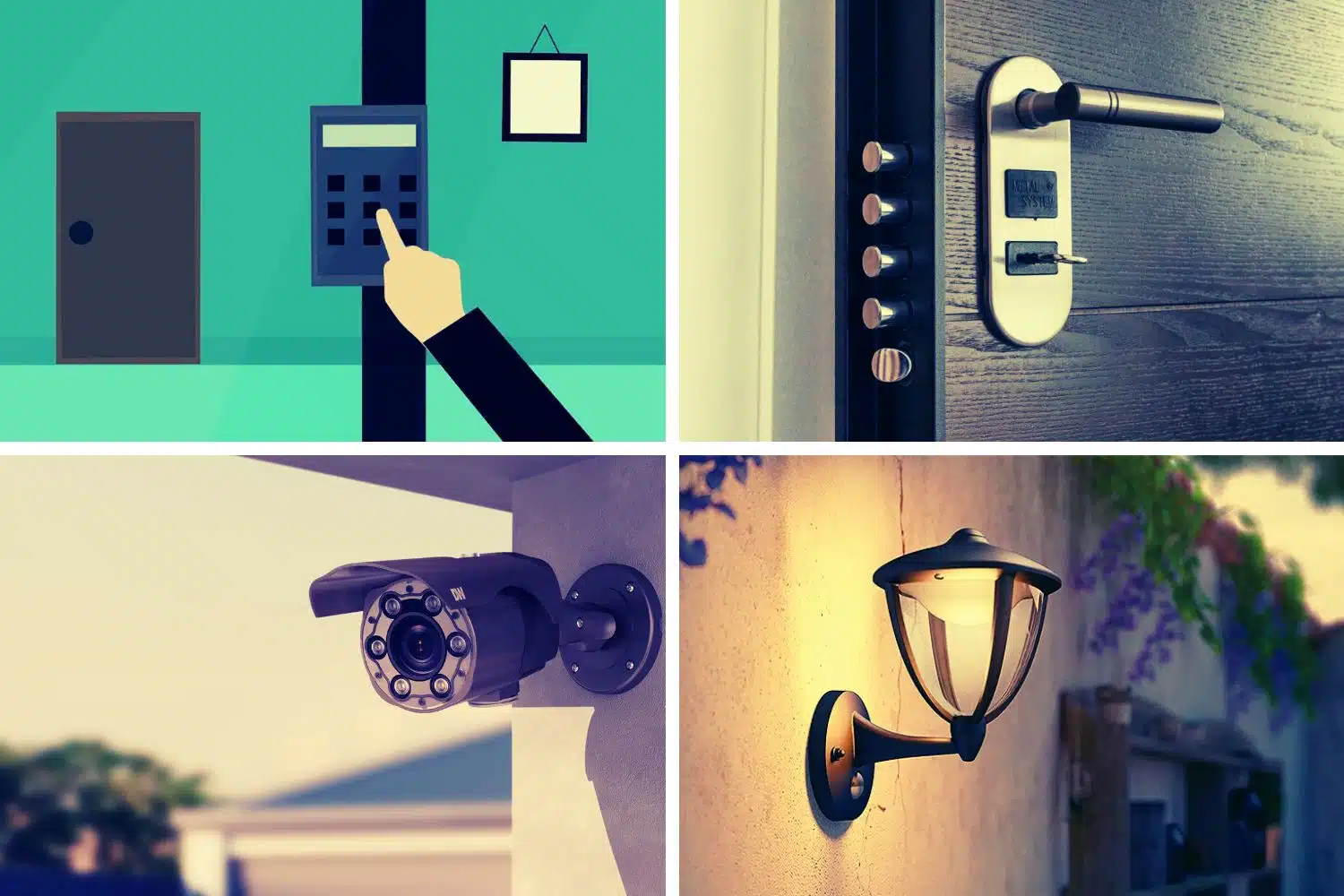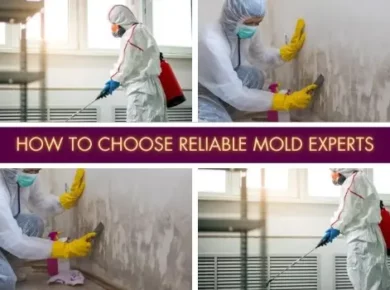Indoor Air Quality Solution – Indoor pollutants release particles or gases into the air, compromising your space’s air quality. Reports establish adverse effects of prolonged exposure to air pollution. Health problems associated with compromised health quality can be short-term, like bronchitis, pneumonia, and irritation. Unfortunately, continued exposure to air pollutants may lead to long-term health conditions like lung cancer, emphysema, heart disease, or liver issues.
What is the connection between air conditioning and the quality of air? All ventilation, heating, and air conditioning systems use a filter to eliminate various particles in the outdoor air. If your system has malfunctioned, the indoor air quality won’t be good.
Everyone needs a conducive and habitable living space. Here is Indoor Air Quality Solution to keep your system top-notch and ensure an air condition improves the air quality of your home.
Change the Air Filter Monthly
Just as the name suggests, the Ac air filter filters the air! Air filters block pollen, dust, debris, or other pollutants from accumulating on your AC internal components. Running an AC unit with dysfunctional filters leads to poor air quality. The dirt moves around the room without settling whenever your HVAC operates and continuously stirs the air.
The dirt, dust, and debris get back through intake; the matter is pumped through the air vents. It remains suspended in the air till it clogs the AC or someone inhales it! The continuous inhaling of impurities is associated with many health issues.
Improving indoor air quality entails paying close attention to the AC MERV rating (Minimum Efficiency Reporting Value). Your system should handle the filter of your choice efficiently. Get expert advice to know what will work best for your space. Also, consider targeting the pollutants that bother you by getting a tightly woven filter to capture offenders.
MERV ratings from 1 to 20 are available and suitable for commercial clients, while most home filters have a rating of MERV 8-MERV 13. Whether you use a washable electrostatic filter or opt for a disposable one, the numbers mean the same thing. Your unit should always collect more dust than what it blows.
Inspect the Fins
The air conditioner fins allow heat to dissipate from the evaporator coil sending it outside. When bent, the unit cannot function well as the heat is trapped and cannot escape. This leads to unit performance problems like difficulty controlling temperatures well at home. If this happens consider AC replacement by Mister Quik Home Services for instance, or handle clogged air conditioner fins and fix bent AC fins.
When the fins are straight and well-functioning, heat quickly escapes into the outdoor environment from the evaporator coil. Straight fins enhance an effective cooling process, protecting your AC’s delicate components.
Keep the Coils Clean
Dirty coils compromise the effectiveness of the HVAC in general. Excess buildup of debris and dirt may cause undue pressure on the system, causing the compressors and fans to work harder at high temperatures.
It would help if you kept the coils clean. Dirty coils compromise your HVAC effectiveness, resulting in high humidity indoors, hence less comfort. Also, a buildup on the coil’s surface forces them to work harder to either release or absorb heat, resulting in less efficient operation.
Experts recommend that you clean the AC coils once annually. This rule may not apply if you are located in an abnormally dusty, windy, or dirty environment as the unit may come in contact with more debris than usual. You may also need regular cleaning of the coils if you use that AC heavily. In case you need professional assistance, consider contacting a reliable provider of AC repair in Springdale, AZ to handle the cleaning and maintenance of your unit.
Tightening and Cleaning Ducts
Dirty ducts open to the attic or crawlspace will blow more dirt into your space. Examine your home ductwork when you have weather-stripped and caulked your house and still experience energy wastage. Since ductworks are out of sight, they can leak for long without anyone knowing. They can tear, crush or flatten.
Preventing leaking ducts will save up to 10 percent of your heating bill. If your crawl space or attic is accessible, inspect the ductwork. Frequently check for loose joints and connections that are wearing out, and tighten them. Repair or replace tears, rips, or crushed ducts.
Always check out for return leaks, furniture blocking register, fallen duct insulation, leaky duct connection, kinks in ductwork restricting flow, supply leaks, and leaks at the furnace and filter slot. These are some of the common concerns that compromise duct operation.
Check the Condensate Drain
When the AC runs, it collects water from the air. The collected water goes into the drain pan and eventually into the drain line. If the condensate malfunctions and does not drain the water well, mold can grow in the AC.
Molds need a moist environment, and water left inside the portable AC tank provides a perfect backdrop for a mold colony to thrive. Mold growth is typical in portable ACs.
Inhaling or touching mold spores can cause eye irritation, coughing, sneezing, sore throat, runny nose, skin rash, and wheezing, among others. People with chronic obstructive pulmonary disease, asthma, tuberculosis, or cystic fibroids are at high risk when exposed to molds.
Improved Ventilation
Most cooling systems do not automatically clean the air by bringing fresh air into your home. Open doors and windows to allow fresh air into the house every day. You can also run a window AC with vent control, increasing the outdoor ventilation rate. Kitchen and bathroom fans exhaust outdoors to remove contaminants directly from the room with the fan.
Conclusion
Improving your home air quality requires a preventive approach. To keep your home pure from pollutants, you will need indoor air quality solution, diligence and intentional measures above. With the information on the steps you need to keep your air clean and reduce air pollution with your AC, you will need to engage the professional services of an expert. Regular maintenance checks for your AC will ensure you get clean air and save unnecessary expenses like huge energy costs from malfunctioning HVAC systems.
Related: Cleaning Tempered Glass
Also, consider keeping your house clean and free from germs. Disinfect and clean up any stains immediately. Engage a professional to deep clean when needed or after a specific time. Ensure there is free circulation of clean air through proper ventilation.

